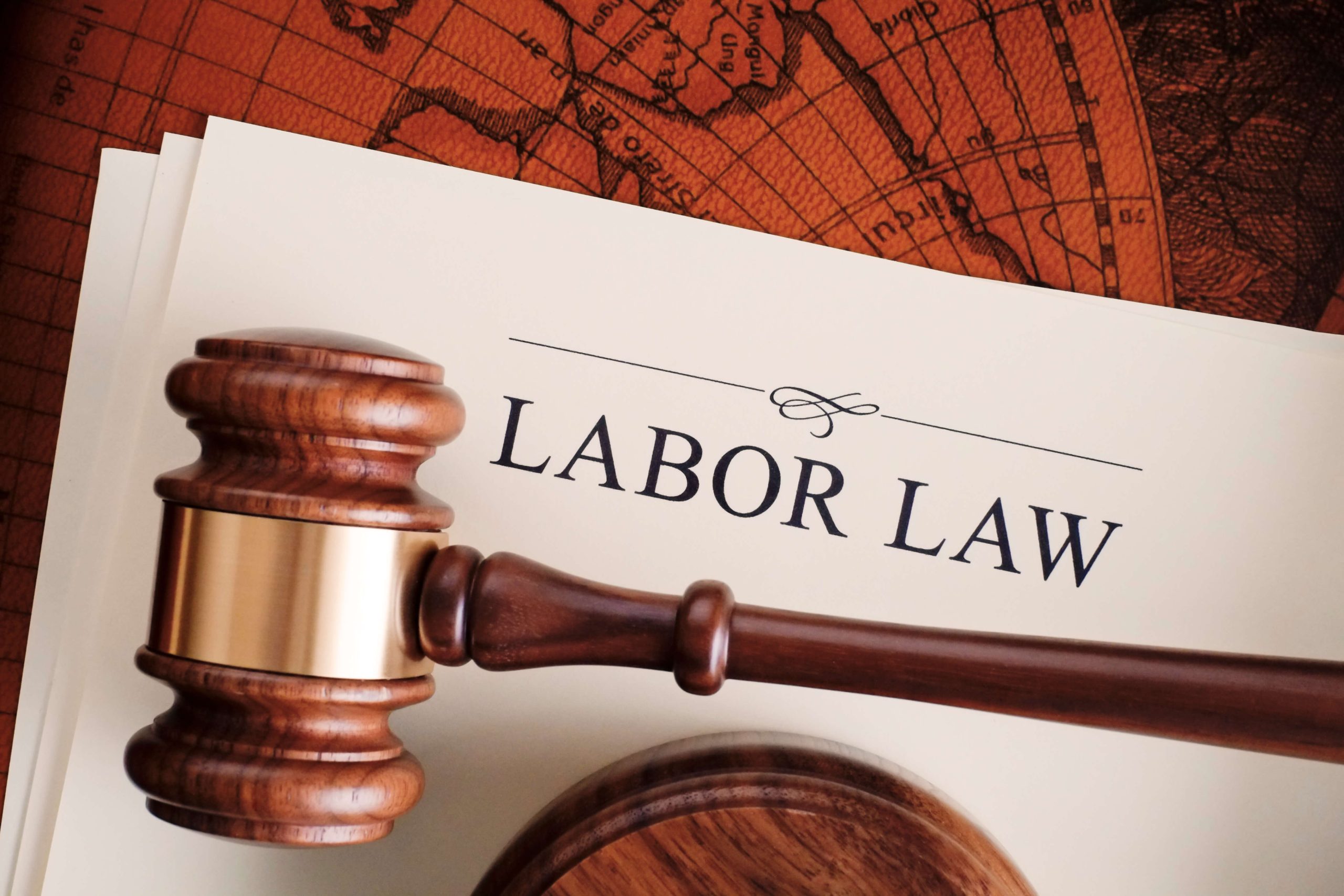Quick Hits
- The NLRB restored the “clear and unmistakable” waiver standard for evaluating whether employers can make unilateral workplace changes without providing unions with notice and an opportunity to bargain.
- Under the new standard, the NLRB requires specificity in contract language to demonstrate that a union has clearly waived its right to bargain.
- The ruling effectively makes it more challenging to rely on general management rights clauses and increases unfair labor practice (ULP) risk.
The NLRB decision in Endurance Environmental Solutions, LLC will make it more difficult for employers to unilaterally make workplace changes without first bargaining with their workers’ union, even when they seek to act under the authority of a negotiated management rights clause in a collective bargaining agreement (CBA).
The ruling replaces the “contract coverage” standard from a 2019 Board decision, where employers could unilaterally change working conditions if it is “within the compass or scope” of contract language, allowing employers to implement changes.
“[W]e find that the contract coverage test adopted in [2019] undermines the [National Labor Relations Act’s] central policy of promoting industrial stability by encouraging the practice and procedure of collective bargaining,” the Board said in the decision.
The decision by NLRB Chair Lauren McFerran, whose current term is set to expire on December 16, 2024, was joined by Members David Prouty and Gwynne Wilcox. Member Marvin Kaplan dissented from the majority ruling.
Management Rights
The decision involves a waste hauling company that purchased video cameras for its fleet of 400 trucks—five or six of which, according to the decision, were driven by bargaining unit employees—without providing prior notice to the union or an opportunity to bargain. The cameras monitor drivers and could be used for disciplinary purposes. The union objected, arguing that the installation of the video cameras is a mandatory subject of bargaining.
When the employer proceeded to install the cameras, the union filed an unfair labor practice charge alleging that the employer violated Section 8(a)(5) and (1) of the NLRA, which prohibits employers from making unilateral changes and refusing to bargain collectively with their employees’ chosen union representative.
Even though the Administrative Law Judge (ALJ) agreed that the employer failed to provide the union with prior notice and a meaningful opportunity to bargain, the ALJ found the installation of the cameras was “covered” by the management rights clause’s right to “implement changes in equipment.” According to the ALJ, “by agreeing to the management-rights language,” the union had “relinquished the right to bargain over the effects of the [employer’s] decision to install the cameras.”
‘Clear and Unmistakable’ Waiver
In its decision, a three-member majority of the Board rejected the “contract coverage” standard applied by the ALJ and restored a “clear and unmistakable” waiver standard under which broad management rights language will not insulate employers from their duty to bargain.
Under the “clear and unmistakable” standard, the Board “will look[] to the precise wording of relevant contract provisions.” Management rights clauses “couched in general terms” and which do not refer to “any particular subject area will not be construed as waivers.” An employer may be able to demonstrate a waiver by pointing to evidence from the bargaining history that “shows that the specific issue was ‘fully discussed and consciously explored’ during negotiations and that ‘the union consciously yielded or clearly and unmistakably waived its interest in the matter.’”
Applying this new standard in the case, the Board found that the management rights clause in the employer’s CBA “lack[ed] the degree of specificity required to constitute a clear and unmistakable waiver of the Union’s right to bargain over the installation and use of cameras to monitor and potentially discipline unit employees.”
Further, the Board found the employer had failed to point to anything in the bargaining record that would indicate the parties had considered the potential for the installation and use of such cameras. The Board ordered the employer “to bargain, on request by the Union, over the decision and its effects.”
In a dissenting opinion, Member Kaplan criticized the Board majority for acting when it appeared from the record that the employer never actually installed the cameras in the trucks of unit employees and that it had, in fact, bargained over the installation. Member Kaplan further criticized the Board for asserting that the employer had to bargain over the purchase of the cameras and intent to install the cameras in its entire fleet of 400 trucks when only five or six were driven by bargaining unit employees represented by the union.
Next Steps
As the Endurance Environmental Solutions decision shows, with the “clear and unmistakable” waiver standard, employers likely will not be able to rely on broad language in management rights clauses as a defense for making unilateral changes to workplace conditions—at least for issues that are subject to mandatory bargaining—even if employers have negotiated those clauses in the context of the prior “contract coverage” standard. But while the Board applied the new standard retroactively in the Endurance Environmental Solutions case, it did leave open the question of “whether to apply the new standard retroactively in all pending cases.”
The decision is the latest in a series of union-friendly rulings issued in the final weeks of Chair McFerran’s current term, which expires December 16, 2024. Those decisions include a ruling that banned mandatory informational meetings and one that overturned a precedent that said employers could warn workers that unionization might impact the workplace dynamic.
Ogletree Deakins’ Traditional Labor Relations Practice Group will continue to monitor developments and will provide updates on the Traditional Labor Relations blog.
Follow and Subscribe






